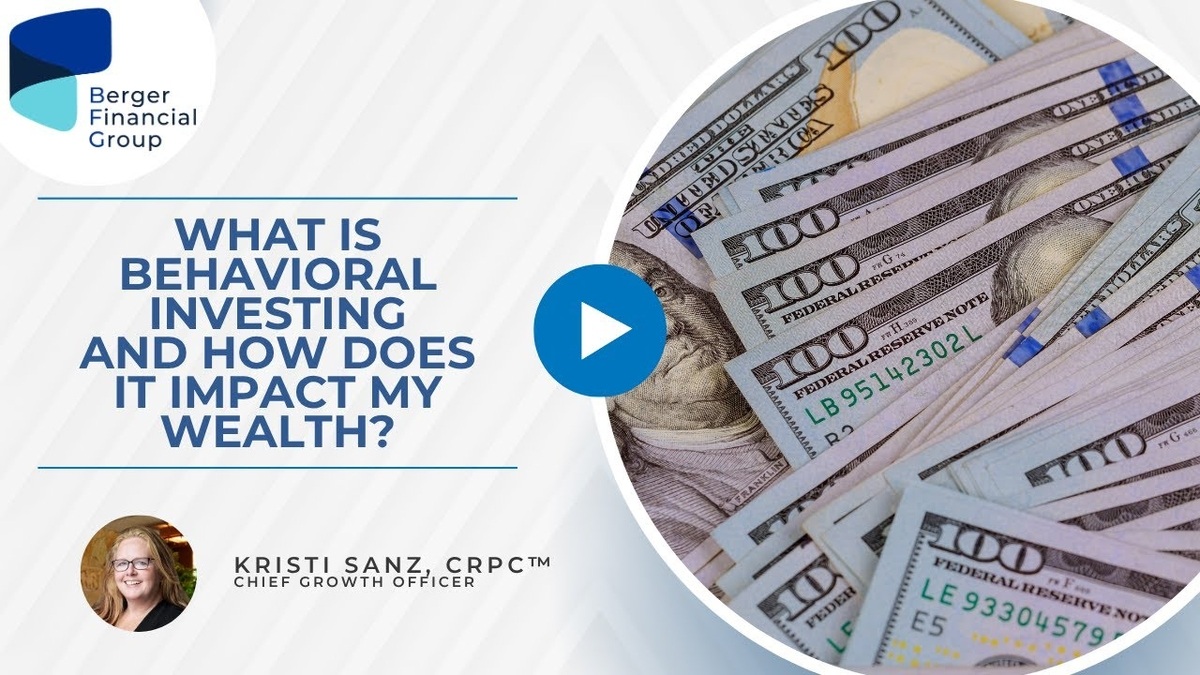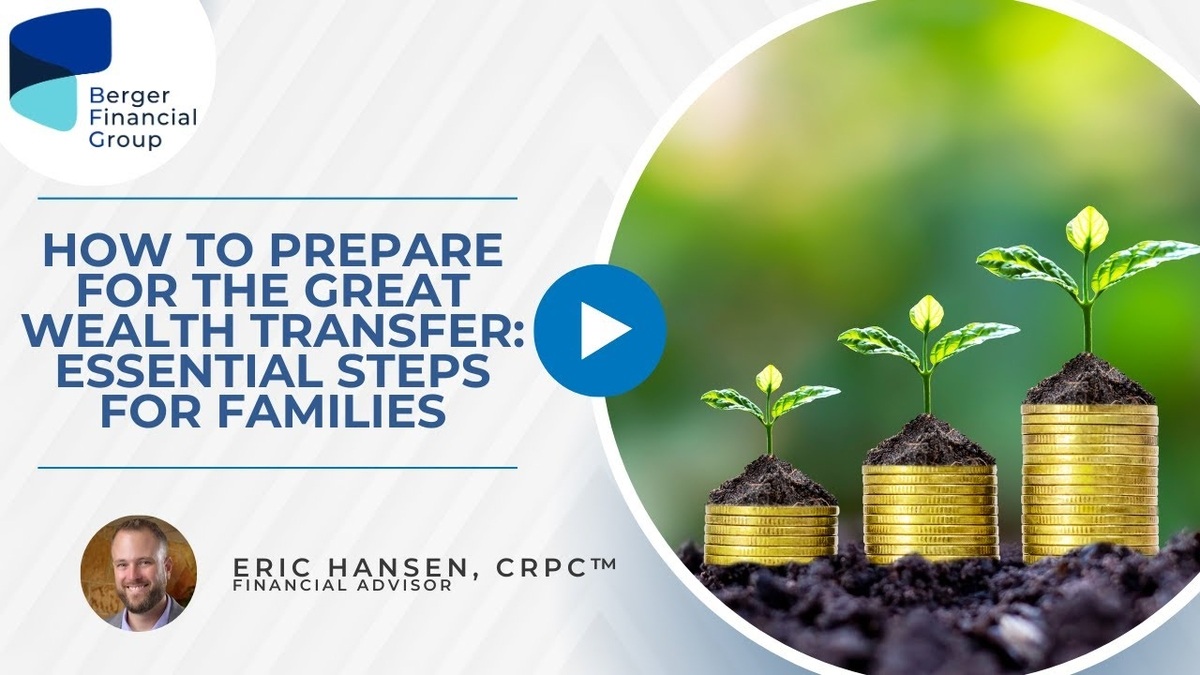When it comes to estate planning, one of the most personal and impactful decisions we help families make is whether to gift money during their lifetime or leave it as an inheritance. The conversation around giving now vs. leaving an inheritance concerns more than taxes or asset distribution. It’s about values, timing, and the legacy you want to build for the next generation. Choosing the right approach to transferring wealth can affect everything from tax exposure to family relationships. As we guide clients through these conversations, our goal is to ensure their financial plan reflects their intentions while protecting their long-term interests.
Understanding the Differences Between Giving Now vs. Leaving an Inheritance
A thoughtful estate plan considers how much to give, when to give, and how to give. Let’s examine the different implications of each path.
The Benefits of Giving Now
Giving while you’re alive allows you to witness the impact of your generosity. It can also provide practical and emotional rewards for both the giver and the recipient.
- Help when needed most: Financial support during early adulthood may benefit children or grandchildren more when buying a home, starting a business, or repaying student loans.
- Control and guidance: You can oversee how the gift is used and offer advice or support.
- Reduce estate size: Strategic gifting can lower your taxable estate, which may reduce estate taxes later on.
- Strengthen family bonds: Giving during life can create shared experiences and deepen connections.
The Case for Leaving an Inheritance
For some families, leaving a larger inheritance after death aligns better with their financial situation and personal values.
- More time to grow assets: Keeping assets invested allows them to compound for longer.
- Simplicity and structure: Assets passed through a will or trust can be distributed according to specific terms.
- Asset protection: Trusts can offer creditor protection or limit spending for beneficiaries.
- Avoids disrupting financial security: Some prefer to ensure enough to cover long-term care or unexpected expenses before gifting.
Deciding between giving now and leaving an inheritance depends on your situation, family dynamics, and finances. You might also find a balanced approach beneficial, combining both strategies to align with your values and support your loved ones. Careful consideration of each option can help you create an estate plan that matches your future goals.
Key Tax Considerations for Each Strategy
Taxes play a significant role in deciding whether to gift now or later. Understanding the current laws helps families make informed choices. Here’s a closer look at the key tax considerations of gifting now versus later.
Current Gift and Estate Tax Rules
As of 2025, the lifetime gift and estate tax exemption is expected to decrease when provisions from the Tax Cuts and Jobs Act expire. This could impact how much can be transferred tax-free.
Annual exclusion: You can gift up to $19,000 per recipient per year without tapping into your lifetime exemption. This means families can transfer wealth each year without incurring any tax liabilities, allowing for more strategic gifting.
Step-Up in Basis for Inherited Assets
One tax advantage of leaving assets after death is the step-up in basis. This provision allows heirs to inherit assets at their fair market value at the time of death, effectively resetting the capital gains tax to zero for any appreciation during the decedent’s lifetime.
Deciding when to gift assets is complex and depends mainly on tax laws. Families should weigh the annual exclusion, potential changes to lifetime exemption limits, and the advantages of the step-up basis. Consulting a tax professional or estate planner can help individuals make informed choices that fit their financial goals and family needs.
Personal Factors That May Influence Your Choice
The decision isn’t just about numbers and your family dynamics, values, and priorities. Here are a few questions we often explore with clients when discussing inheritance with adult children:
- Do your loved ones need financial support now?
- Are you comfortable giving up control of certain assets?
- How important is it to witness the impact of your gift?
- Is your retirement fully secured?
These conversations help clarify your goals and shape a strategy that honors your legacy.
Combining Both Approaches
You don’t have to choose one or the other. A hybrid approach allows you to provide meaningful gifts during life while preserving wealth for future generations.
Strategies That Blend the Best of Both
- Annual gifting plus trusts: Gift up to the annual exclusion limit each year while creating a trust for long-term legacy planning.
- Gifting appreciated assets strategically: Gift low-basis assets to charities (tax-free) and high-basis assets to heirs.
- Use of donor-advised funds: Create a charitable giving vehicle that supports causes now and in the future.
Giving Now vs. Leaving an Inheritance: What’s Right for You?
There’s no one-size-fits-all answer. The right choice depends on your financial goals, tax situation, and what you want your legacy to look like. Many families benefit from a balanced strategy that includes intentional gifts during life, along with a structured estate plan.
Plan Your Legacy with Confidence and Clarity

The question of giving now vs. leaving an inheritance is deeply personal. With thoughtful planning and professional guidance, you can create a legacy that supports your loved ones and reflects your values.
For personalized guidance and peace of mind, contact Berger Financial Group today. Our team provides a comprehensive financial planning experience that combines extensive tax expertise, fiduciary responsibility, a team-oriented mindset, and effective portfolio strategies. This is supported by a holistic approach and a record of successful business practices. Schedule a consultation and begin planning your legacy today.






